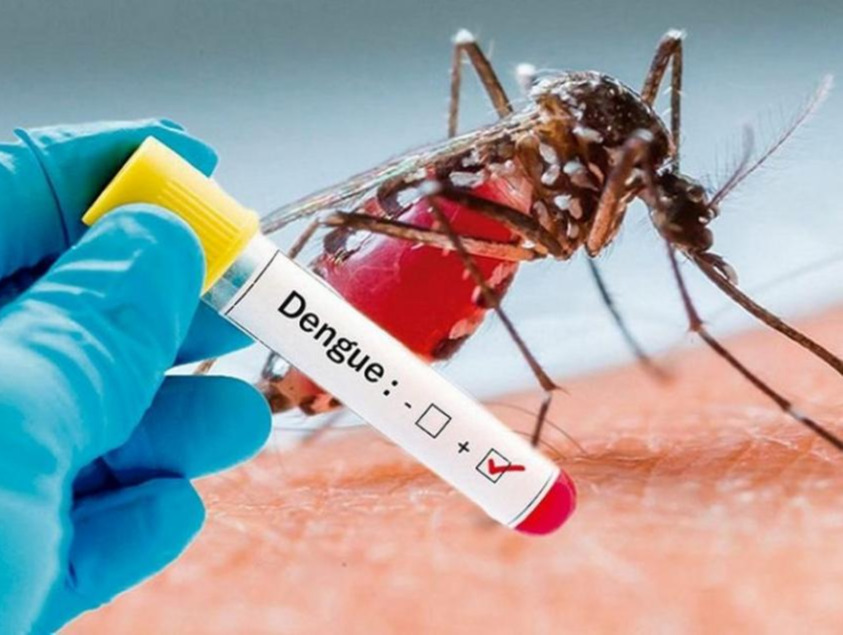
Cubans are entering one of the hottest months of the sweltering summer very alert to the rise of dengue fever, without giving up caution because of COVID-19, a pandemic under control here, but with slight upturns.
By Roberto Morejón
Cubans are entering one of the hottest months of the sweltering summer very alert to the rise of dengue fever, without giving up caution because of COVID-19, a pandemic under control here, but with slight upturns.
The government and health authorities insist on increasing prevention and control of dengue, a not at all benevolent disease.
The Aedes Aegypti mosquito can carry the dengue virus, as is common in the Americas, among other regions of the planet.
Unfortunately, health authorities and the population have had to deal with phases of dengue transmission more accentuated than the current one, due to its recurrence especially in summers, hence the knowledge of the danger.
However, this does not eliminate the possibility that many people may become overconfident and desist from inspecting their homes in search of sources of the insect, especially in water tanks without covers.
In companies, workshops, factories and service units, it is also essential to check for mosquito breeding sites.
Cubans have in their favor the availability of family doctor's offices, where professionals in white coats are trained in how to treat each case.
At the first symptoms, doctors recommend going to the health units.
It is true that the country's material limitations, accentuated by the U.S. blockade and the heavy expenses derived from the fight against COVID-19, make it impossible to have the whole arsenal to face dengue.
Fuel restrictions even limit the use of adulticide treatments against Aedes Aegypti.
But Cuban scientists, with extensive experience in the creation of vaccines against the new coronavirus, are working on antidotes and novel medical protocols as dengue once again stalks the inhabitants of the archipelago.
While science works, it is up to the citizens to cushion the effects of the negative increase of dengue cases, up to 70 municipalities with the highest risk of transmission.
Even though the onslaught of dengue fever is well known, Cuba is taking precautions to avoid the spread of the disease, given the danger of a rapid evolution, leading to death, if patients are not treated in time.
The increase of hygienic-sanitary measures is opportune in the face of dengue and for any new shock of COVID-19.

